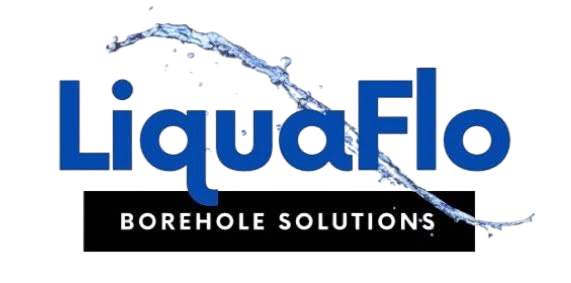A borehole is a narrow shaft drilled into the ground, either vertically or horizontally, to access groundwater.
Reasons include: Reliable, independent water supply. Reduced reliance on municipal water. Cost savings on water bills. Irrigation for gardens and agriculture. Increased property value. Backup water supply during droughts.
Boreholes are common throughout South Africa, particularly in areas with limited municipal water access or where groundwater is abundant.
While often cleaner than surface water, borehole water should be tested for potability. Treatment may be necessary.
In South Africa, the terms are often used interchangeably. Technically, a borehole is drilled, while a well can be dug.
Depth varies greatly depending on the geology and water table, ranging from 30 to over 100 meters.
Factors include: Geological formation. Aquifer characteristics. Drilling depth. Pump size.
An aquifer is an underground layer of permeable rock, sediment, or soil that yields groundwater.
The process includes: Geological survey/site assessment. Drilling. Casing installation. Pump installation. Water testing.
Drilling time varies depending on depth and geological conditions, typically ranging from 1 to 3 days.
Rotary drilling, air percussion drilling, and other suitable methods.
A geological survey is highly recommended to improve the chances of finding water and determine the best drilling location.
Casing is a pipe inserted into the borehole to prevent collapse and contamination.
We use high-quality PVC or steel casing, depending on the borehole requirements.
The borehole is developed, a pump is installed, and water testing is conducted.
Borehole development is the process of removing drilling fluids and fine particles from the borehole to improve water flow.
Submersible pumps, surface pumps, and hand pumps.
Pump selection depends on: Borehole depth. Water yield. Required pressure. Water usage.
A pressure tank stores water under pressure, providing a consistent water supply.
Yes, we offer various filtration systems to ensure water quality.
A VSD controls the pump speed, optimizing energy efficiency and maintaining consistent pressure.
Yes, we offer solar-powered solutions for off-grid or eco-friendly water supply.
We perform tests for: pH. Total dissolved solids (TDS). E. coli and other bacteria. Nitrates. Heavy metals. And other relevant tests.
At least annually, and more frequently if there are changes in water quality or usage.
Common problems include: High iron content. High salinity. Bacterial contamination. High nitrate levels.
Options include: Filtration. Reverse osmosis. UV disinfection. Chlorination.
Regular maintenance is recommended, including pump checks and water testing.
Common problems include: Pump failure. Casing damage. Reduced water yield. Water quality changes.
Yes, we provide comprehensive repair and maintenance services.
Borehole rehabilitation is the process of restoring a borehole's performance.
Signs include: Reduced water pressure. Increased energy consumption. Unusual noises. Pump cycling on and off frequently.
Yes, in most cases, a water use license or authorization is required from the Department of Water and Sanitation (DWS).
Regulations vary by municipality and province. We can assist with navigating the legal requirements.
Borehole registration involves submitting information about the borehole to the DWS.
Illegal drilling can result in fines and legal action.
Yes, we can guide you through the permitting process.
Rules vary, but there are usually minimum distances required to prevent interference.
Borehole drilling prices vary depending on depth, location, and equipment but a borehole can cost between R40 000 to R150 000.
Factors include: Drilling depth. Geological conditions. Pump type and size. Water testing and treatment. Travel costs.
Yes, we offer free, no-obligation quotes.
We can discuss available financing options.
We accept various payment methods such as; cash, card payments, EFT, and more.
